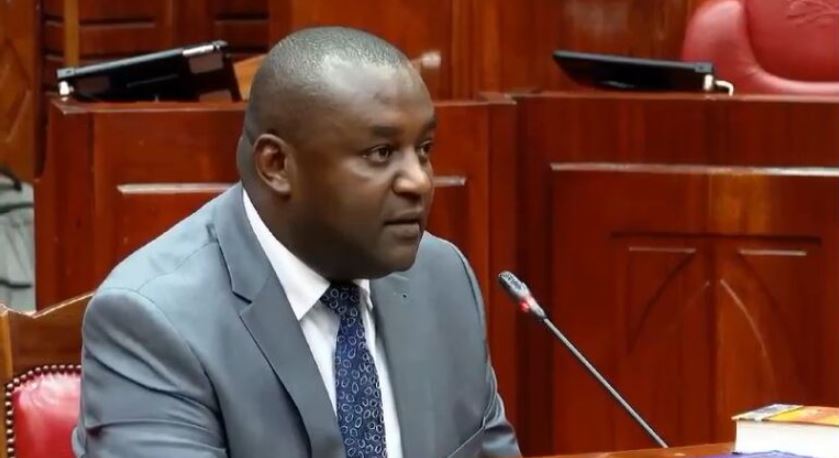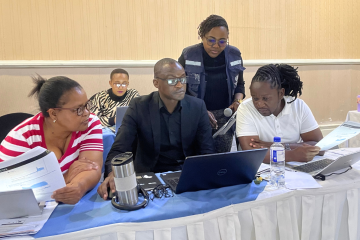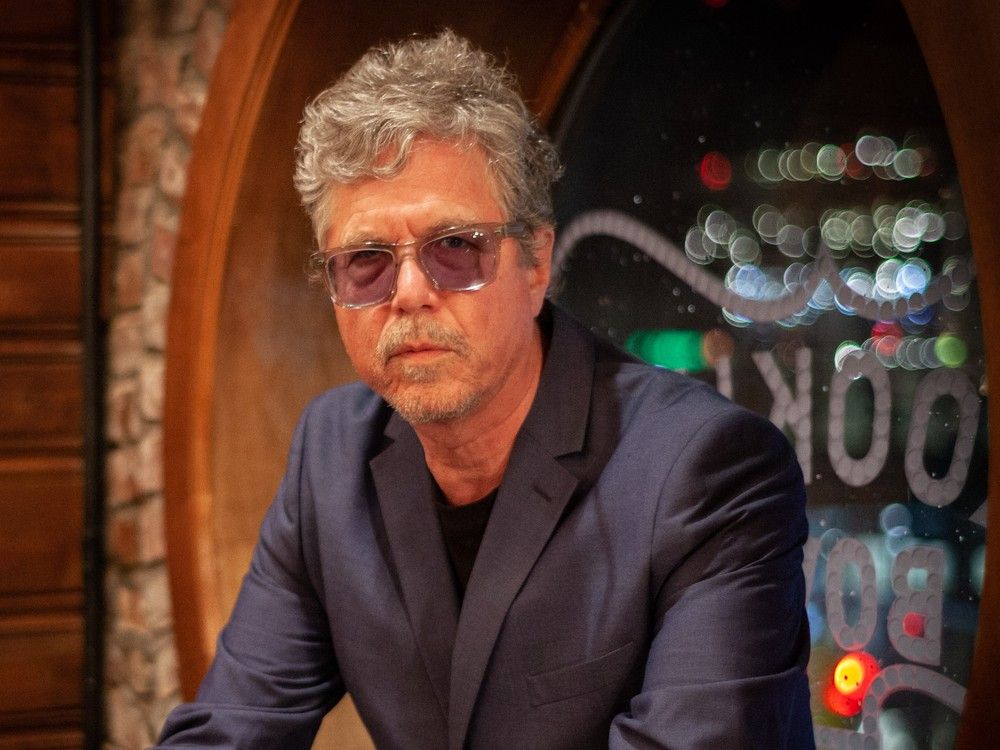An investigational gene therapy showed benefit in pediatric patients with early-onset metachromatic leukodystrophy (MLD), a small study showed.
Treatment with atidarsagene autotemcel (arsa-cel) preserved motor development and cognitive function in MLD patients enrolled in a prospective phase I/II trial or treated through expanded access programs, reported Alessandro Aiuti, MD, of the San Raffaele Telethon Institute for Gene Therapy in Milan, Italy, and colleagues.
Compared with baseline, arsa-cel increased total peripheral blood mononuclear cell (PBMC) arylsulfatase A (ARSA) activity 2 years after treatment, they wrote in The Lancet. Demyelination and brain atrophy also were slowed.
Arsa-cel is a one-time gene therapy of autologous hematopoietic stem and progenitor cells, which uses a lentiviral vector to introduce ARSA complementary DNA. The treatment is approved in the European Union and the U.K. under the trade name Libmeldy, but not in the U.S.
“MLD is a cruel and ultimately fatal disease for which there were previously no approved treatment options beyond supportive care,” Aiuti said in a statement. These data highlight the potential long-term benefits of arsa-cel for MLD patients especially when intervention prior to symptom onset is possible, he added.
MLD is caused by a mutation in the ARSA gene that results in sulfatides accumulating in the central nervous system and peripheral nervous system, leading to progressive dysmyelination, neuroinflammation, and neurodegeneration. This causes loss of motor and cognitive functions and, ultimately, death.
The disease has three variants, depending on age of first symptom onset: late infantile (younger than age 30 months); juvenile, which is subdivided into early juvenile (30 months-6 years) and late juvenile (7-16 years); and adult (17 and older). Earlier age or the presence of motor symptoms at onset is associated with a more severe, rapid disease course.
In the study, 29 pediatric patients in Milan with pre-symptomatic or early symptomatic MLD — 20 enrolled in a prospective non-randomized clinical study, and nine treated under expanded access programs — were administered arsa-cel. They were compared with an untreated natural history cohort of 31 MLD patients, adjusted for age and disease subtype.
The study included 16 patients with the late infantile MLD and 13 with the early juvenile variant. Median followup was 3.16 years.
Co-primary efficacy endpoints were an improvement of more than 10% in total gross motor function scores 2 years after treatment compared with historical controls and change from baseline of total PBMC ARSA activity 2 years after treatment. Gross motor function was measured with the GMFM-88.
At 2 years after gene therapy, GMFM-88 scores were 66% (95% CI 48.9-82.3) higher in treated MLD patients with the late infantile variant (PP=0.036) than in the natural history cohort.
Compared with baseline, ARSA activity in PBMCs increased 2 years after treatment by a mean 18.7-fold (95% CI 8.3-42.2, PP
ARSA concentrations in cerebrospinal fluid were within normal range in both groups after treatment. Nerve conduction velocity indexes in children with late-infantile disease who received arsa-cel differed significantly from those in the natural history cohort at the second (P=0.004) and third (P=0.010) years of follow-up.
“Most treated patients progressively acquired motor skills within the predicted range of healthy children or had stabilized motor performance (maintaining the ability to walk),” Aiuti and colleagues noted.
“Further, most displayed normal cognitive development and prevention or delay of central and peripheral demyelination and brain atrophy throughout follow-up; treatment benefits were particularly apparent in patients treated before symptom onset,” the researchers added.
All children had at least one grade 3 or higher adverse event; most were related to conditioning before treatment or to MLD disease progression. Four participants developed anti-ARSA antibodies, which resolved spontaneously or after B-cell depleting therapy with rituximab (Rituxan).
Three deaths occurred during follow-up. Two were due to rapid disease progression in patients with symptomatic early juvenile MLD and were considered unrelated to arsa-cel; one was due to ischemic stroke following an infectious event 13.6 months after treatment.
“Although safety and feasibility have been shown, longer follow-up will be needed to determine durability of clinical responses, especially in the peripheral nervous system, and survival of transduced cells,” noted Joanne Kurtzberg, MD, of Duke University in Durham, North Carolina, in an accompanying comment.
“Other limitations include the small numbers of patients in each subgroup and the fact that the therapy is active in the earliest phases of the disease,” Kurtzberg pointed out. “Given that most patients with MLD are diagnosed after symptom onset, the efficacy of arsa-cel in that real-world population was not tested and is unlikely to be as good.”
“For MLD and other lysosomal storage diseases, early diagnosis through newborn screening will be crucial to identify babies and children at risk and before they manifest clinical symptoms of disease,” she added.
“Our results show that patients who were entering the rapid phase of disease progression at treatment could not benefit from treatment with arsa-cel,” Aiuti and colleagues observed.
“In addition to the two deaths, two patients (one with late-infantile disease and one with early-juvenile disease) displaying cognitive impairment at baseline showed disease progression between enrollment and treatment, and had motor and cognitive deterioration at a rate similar to that for untreated natural history patients after treatment,” they wrote.
Based on those patients, inclusion criteria were refined during the clinical trial to avoid treating patients who were entering the rapid phase of disease progression, the researchers said.
Judy George covers neurology and neuroscience news for MedPage Today, writing about brain aging, Alzheimer’s, dementia, MS, rare diseases, epilepsy, autism, headache, stroke, Parkinson’s, ALS, concussion, CTE, sleep, pain, and more. Follow
Disclosures
The study was funded by Orchard Therapeutics, Fondazione Telethon, and GlaxoSmithKline.
Aiuti and co-authors disclosed relationships with Orchard Therapeutics.
Kurtzberg disclosed relationships with Neurogene, the Marcus Foundation, and Cryo-Cell International.
Note: This article have been indexed to our site. We do not claim legitimacy, ownership or copyright of any of the content above. To see the article at original source Click Here








